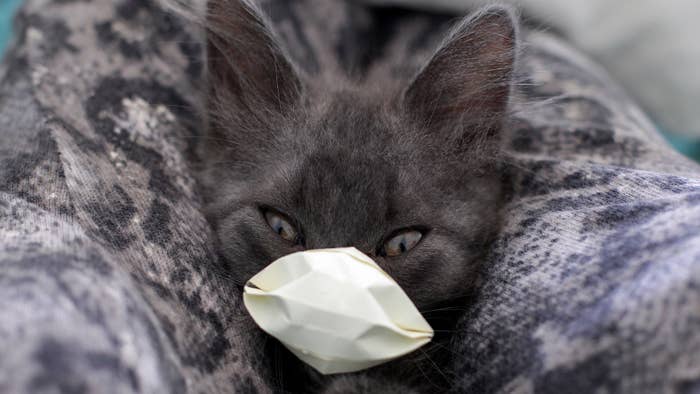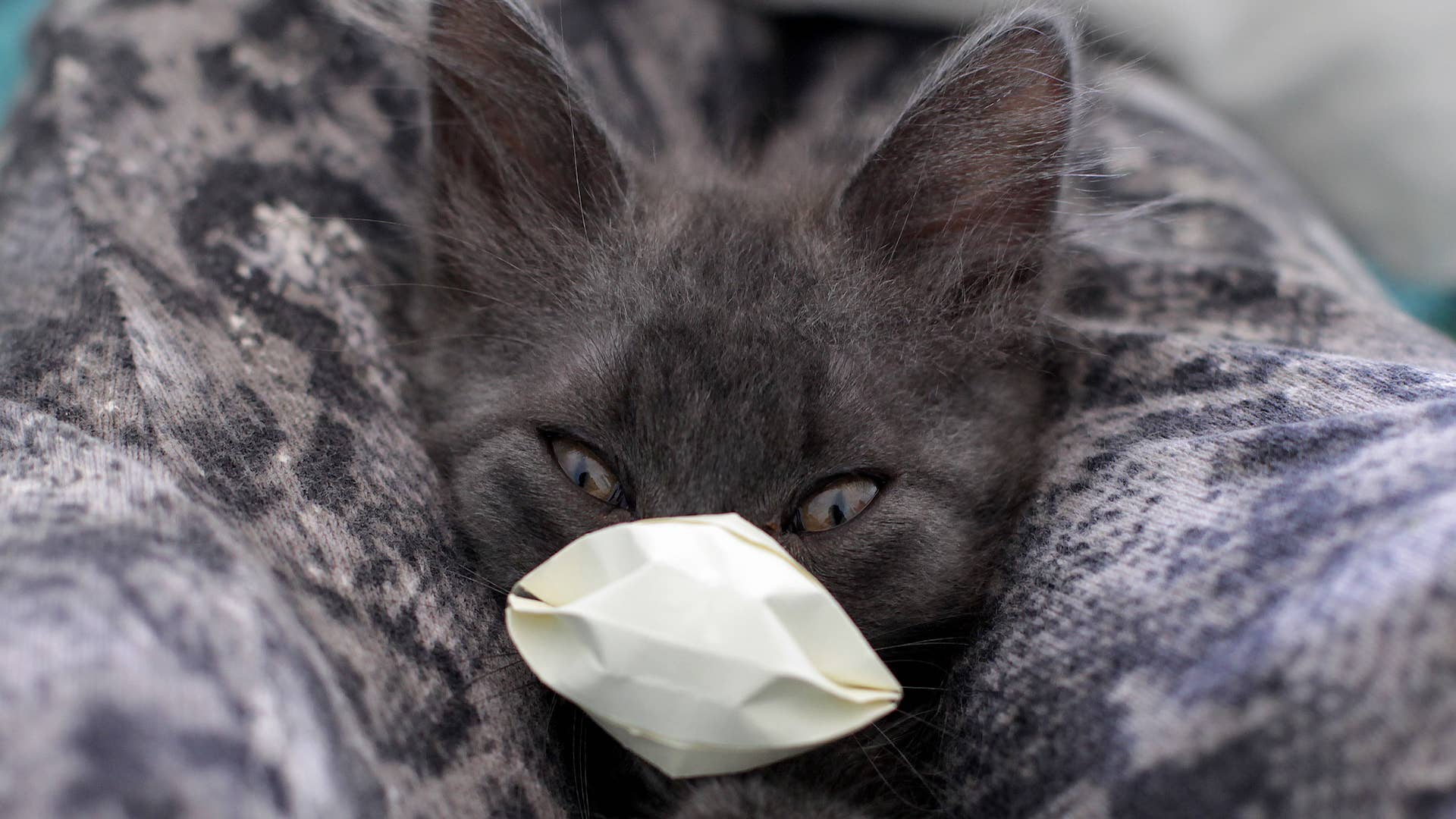
Two cats in New York—as in, actual animals, not slang for people from the Big Apple—have tested positive for COVID-19, making them the first known cases of coronavirus in pets in the United States, CNN reports.
The Centers for Disease Control and Prevention, and the U.S. Department of Agriculture said in a joint statement that both cats, which live in two different parts in the state and with separate families, were tested after showing respiratory symptoms.
Officials said that in the household where one of the cats with coronavirus resides, none of the humans are aware that they contracted the virus. Meanwhile, the other cat became ill after the owner previously tested positive. Another cat in that same home hasn’t shown signs of any symptoms.
The latter scenario has prompted the CDC to urge people to take more precautionary measures with their pets since there is still plenty to learn about the coronavirus and animals. Both cats are expected to recover.
As weird as it may seem, dogs should also be practicing a form of social distancing that keeps them at least six feet away from other humans and animals when they are outside. Avoid public places where a large number of people and/or animals congregate, such as dog parks.
If you test positive or even begin to show symptoms, it would be best to play it safe and have someone else care for your pet, if possible. Make sure to wash your hands before and after interacting with your pet to limit the possibility of spreading the virus, and wear some sort of face covering to avoid the transmission of any tiny droplets.
Earlier this month, a four-year-old tiger named Nadia from the Bronx Zoo became the first known animal case in the United States. The USDA believes Nadia was infected by a zoo employee.

